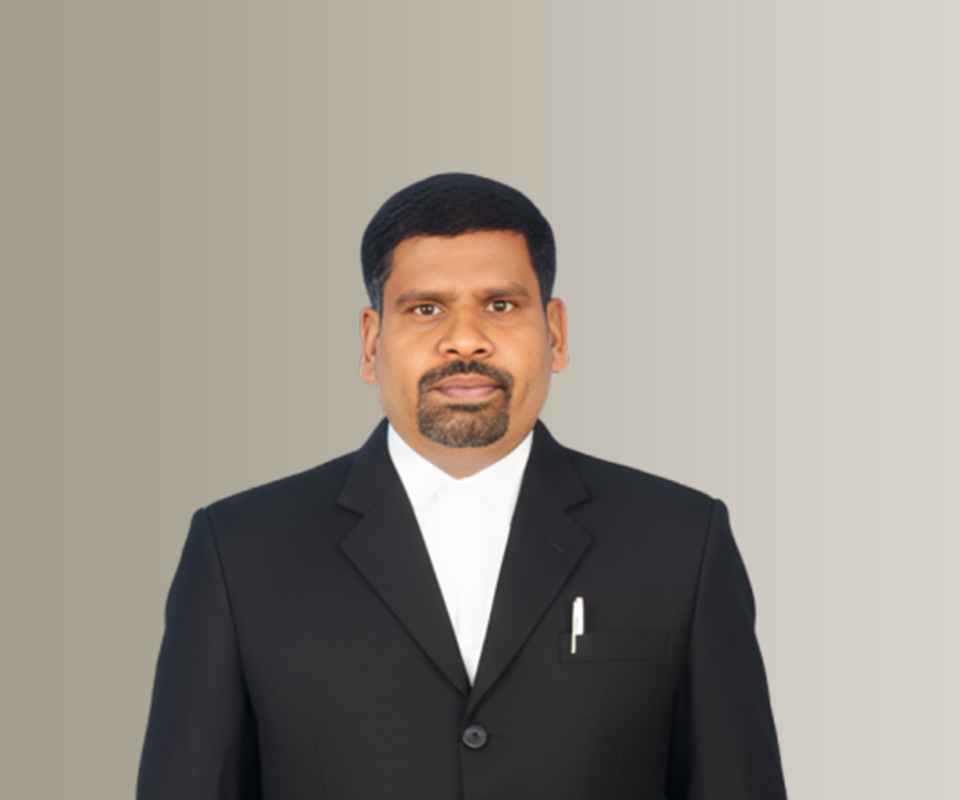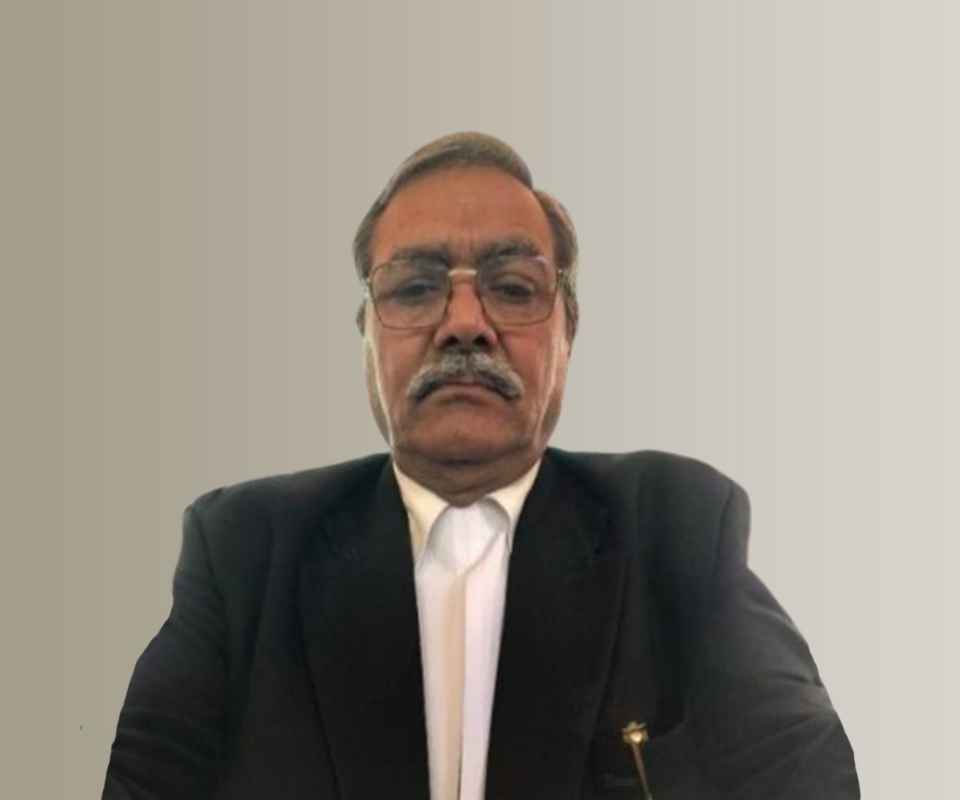Answer By law4u team
As people age, their vulnerability to fraud, exploitation, and undue influence increases, especially when it comes to managing their property and assets. It is essential for elderly individuals to take proactive legal measures to protect their property and ensure their rights are respected. Various legal tools, including wills, power of attorney, and estate planning, can help elders secure their assets and avoid potential exploitation.
How Can Elders Protect Their Property Legally?
1. Creating a Will or Trust:
Will: One of the most common legal tools for protecting property is a will. A will specifies how an individual's assets should be distributed upon their death. It allows the elder to decide who will inherit their property and ensures that their wishes are carried out after their passing.
Choosing an Executor: In a will, elders can designate an executor who will manage their estate and ensure that the will's terms are followed. This person should be trustworthy and capable of managing the estate appropriately.
Avoiding Will Challenges: To reduce the risk of the will being contested, elders should ensure that it is properly witnessed and executed according to legal requirements.
Trusts: Trusts are legal arrangements in which a trustee holds property on behalf of the beneficiary. Elders may establish a living trust to manage their property during their lifetime and ensure it is transferred smoothly after their death, avoiding lengthy probate procedures.
Revocable vs. Irrevocable Trusts: A revocable trust allows the elder to retain control over their property during their lifetime, while an irrevocable trust removes the property from the elder's estate, potentially protecting it from creditors and preventing exploitation.
2. Power of Attorney (POA):
General Power of Attorney (GPA): A general POA grants someone the authority to make decisions on behalf of the elder regarding financial, legal, or personal matters. However, it is important to choose someone trustworthy and reliable.
Limited Power of Attorney (LPA): An LPA allows the elder to grant power to a designated person for specific tasks, such as handling property transactions or managing finances, limiting the scope of authority to prevent misuse.
Durable Power of Attorney: This type of POA remains effective even if the elder becomes mentally incapacitated. It ensures that decisions can still be made on their behalf, protecting their interests and property even if they can no longer make decisions for themselves.
3. Guardianship and Conservatorship:
Guardianship: In cases where an elder becomes unable to manage their own affairs due to incapacity or mental illness, the court can appoint a guardian to make decisions on their behalf, including protecting their property.
Conservatorship: A conservator is a person appointed by the court to manage an elder's financial matters and assets. This is particularly useful if the elder is vulnerable to exploitation or cannot manage their assets on their own.
Avoiding Abuse: The court-appointed guardianship or conservatorship system provides a legal framework to prevent abuse and ensure that the elder’s assets are protected and managed properly.
4. Monitoring and Preventing Financial Exploitation:
Regular Audits: Elders should regularly review their financial statements, bank accounts, and property records to monitor for any unusual activity. Regular audits can help detect fraud or mismanagement before it becomes a major issue.
Fraud Protection Measures: Elders should take steps to protect their property from fraud, such as limiting access to their financial accounts, using secure passwords, and avoiding sharing personal information with strangers.
Consulting a Financial Advisor: It is advisable for elders to consult with a financial advisor to help protect their assets, diversify their investments, and avoid potential financial risks.
5. Joint Ownership of Property:
Joint Tenancy: Elders can place their property in joint tenancy with a trusted individual, such as a family member. This ensures that if the elder passes away, the property automatically transfers to the co-owner without the need for probate. However, joint ownership should be carefully considered to avoid conflicts and potential misuse of the property during the elder’s lifetime.
Tenancy by the Entirety: In some jurisdictions, this form of ownership allows married couples to jointly own property, providing certain protections against creditors.
6. Addressing Undue Influence:
Protecting from Manipulation: Elders are often vulnerable to undue influence from family members or caregivers who may attempt to manipulate them into transferring property or making decisions that benefit the influencer. To protect against this, elders should involve neutral third parties, such as attorneys or financial advisors, when making significant decisions about their property.
Legal Protections: Elders can seek legal protection against undue influence by including clear clauses in their will, trust, or POA documents that detail their true intentions. If there is a suspicion of undue influence, it may be necessary to seek legal recourse to invalidate those decisions.
7. Regular Review of Legal Documents:
Periodic Updates: Elders should regularly review and update their will, trust, power of attorney, and any other legal documents to ensure they still reflect their wishes. Major life changes, such as the death of a loved one or a change in financial circumstances, should prompt a review of these documents.
Legal Assistance: It is advisable to consult with an attorney to ensure that all legal documents are properly executed and comply with current laws.
Example:
Mr. Rao, an elderly man, is concerned about the security of his property. He consults with a lawyer and sets up a living trust, naming his daughter as the trustee to manage his assets. He also gives her durable power of attorney to handle his financial matters in case he becomes incapacitated. Additionally, Mr. Rao ensures his will is updated and clearly states his wishes for how his property should be distributed. This proactive planning protects Mr. Rao’s assets and ensures they will be managed according to his wishes in the future.
Conclusion:
Elderly individuals have various legal tools at their disposal to protect their property from exploitation, fraud, and undue influence. By creating a will or trust, granting power of attorney, and seeking legal guardianship or conservatorship when necessary, elders can safeguard their assets and ensure their interests are protected. Regular monitoring of financial activities and involving trusted third parties can further help protect property from misuse and ensure that the elderly person's rights are upheld.







